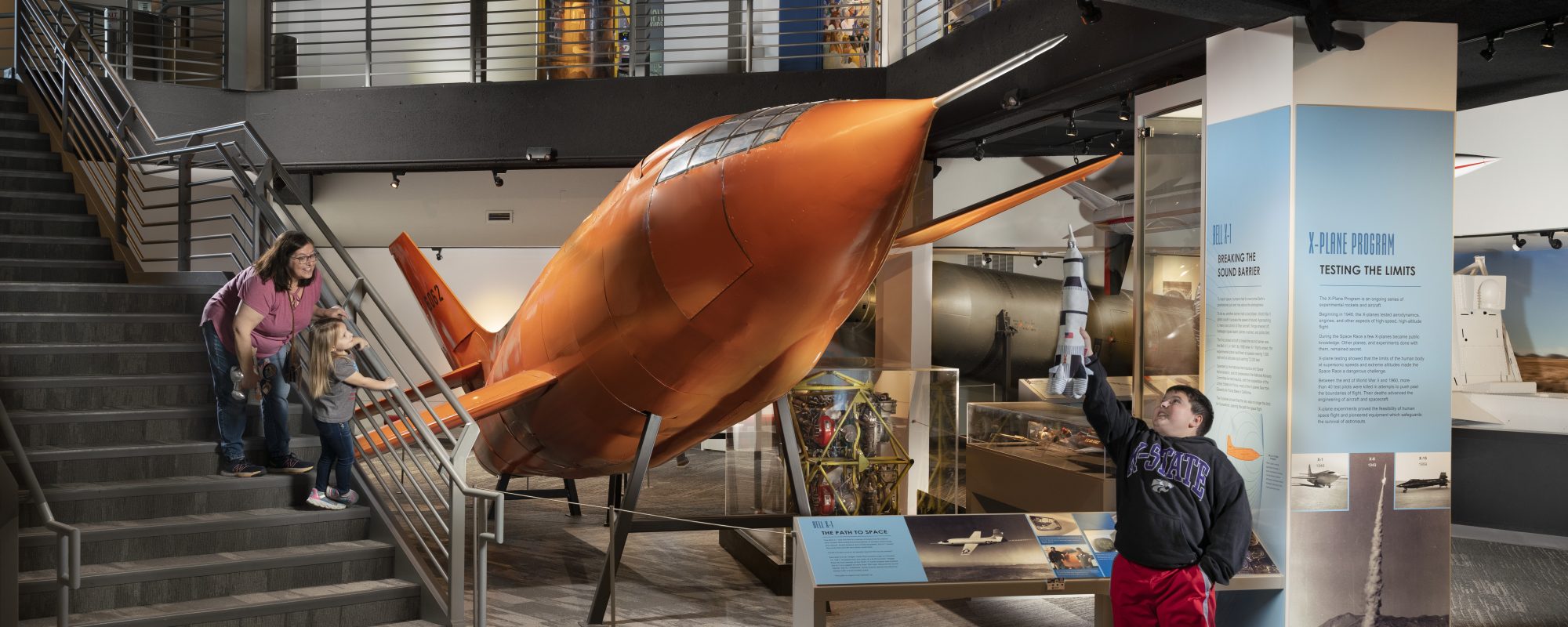From hutchnews.com. Read the full story here.
This spring, U.S. Air Force Col. Nick Hague got the news he had been waiting on for two years: He will join the ranks of Steve Hawley, Joe Engle and Ronald Evans as a Kansan to travel into outer space.
Hague, who was selected by NASA as an astronaut in 2013 and completed training in 2015, is assigned to travel to the International Space Station in September 2018, NASA announced March 28.
“It’s a six-month mission to the I.S.S.,” Hague said in a phone interview May 4.
He will be a flight engineer for Expedition 57/58, which will launch from Russia aboard Soyuz 56S, according to a NASA biography.
“It was really hard to believe,” he said of getting the news. “You wait for something, you work hard for something. I still have those ‘Pinch me’ moments now.”
Background
Hague was born in 1975 in Belleville and grew up in Hoxie, where he graduated from Hoxie High School in 1994. He graduated from the U.S. Air Force Academy in 1998 with a bachelor’s degree in astronautical engineering, and he later received a master’s degree in aeronautical and astronautical engineering from the Massachusetts Institute of Technology.
Hague said he always found the idea of space travel intriguing, and many experiences in his youth, including a field trip to the Cosmosphere in Hutchinson, got him interested in becoming an astronaut.
“The ultimate dream was to go explore space,” he said.
He said the Apollo astronauts who made the Moon landings were an inspiration, but added that his family and parents were crucial inspirations as well, teaching him the importance of persistence. And now he counts on his wife, U.S. Air Force Lt. Col. Catie Hague, and his two sons for support.
He applied to become an astronaut for the first time in 2003. On his third application, in 2013, he was accepted.
Required Skills and Training
Hague said it is obvious that anyone who wants to become an astronaut needs to have considerable technical knowledge, but he said people might not realize how important the ability to work well with others and to handle stress is. The success of a mission is a whole-team effort, he said.
Competing in athletics and participating in other group activities in his youth helped develop those teamwork skills, Hague said, and his Air Force career helped him take the next step.
Hague said learning Russian – Russian Soyuz spacecraft are the only vehicles to send crew to the I.S.S. since the U.S. space shuttle program ended in 2011 – has been one of the more challenging parts of training for the assignment.
In the meantime, Hague has been assisting NASA’s mission from the ground in the Space Station Operations branch supporting resource planning and operations. Hague said that involves lending an astronaut’s perspective in planning missions.
As a flight engineer, Hague will conduct scientific experiments aboard the I.S.S. and help maintain the station.
Lessons Learned
Hague said achieving his goals has been a step-by-step process, with failure along the way. The important thing has been picking himself back up and working again to reach his goals.
He said the world can seem a long way from small-town Kansas, but he is proof that big dreams aren’t out of reach. He said achieving big dreams starts with knowing it won’t be easy and not letting that stop you.
“Don’t give up,” he said. “Dream big and work hard.”


